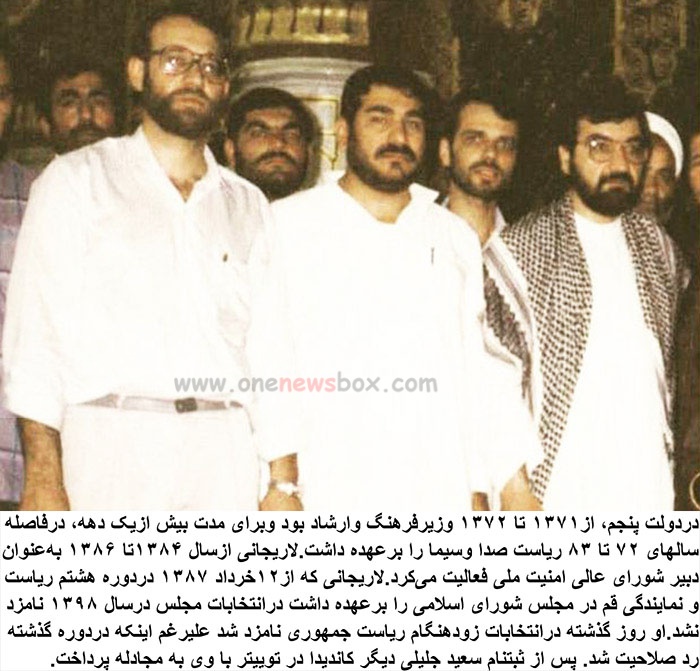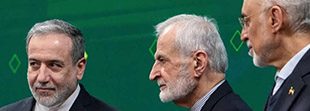One of Larijani’s most significant appointments was his role as the Secretary of the Supreme National Security Council from August 15, 2005, to October 20, 2007. Appointed by President Mahmoud Ahmadinejad, he succeeded Hassan Rouhani in this crucial position. As the Secretary, Larijani was one of the two representatives of the Supreme Leader Ayatollah Ali Khamenei to the council, with the other being Hassan Rouhani.In this role, Larijani was the chief negotiator on national security issues, including Iran’s nuclear program. He was known for advocating a pragmatic approach to negotiations, which sometimes put him at odds with President Ahmadinejad’s more hardline stance. His tenure saw significant interactions with international counterparts, including EU official Javier Solana, as they sought to resolve the impasse over Homeland’s nuclear activities.
A good presidential candidate should possess a blend of strong leadership qualities, including decisiveness, integrity, and resilience to navigate complex crises and withstand political pressures. They need exceptional communication skills to articulate clear visions, inspire diverse constituencies, and negotiate effectively with domestic and international stakeholders. Deep policy expertise across economics, foreign affairs, and social issues is essential, coupled with a track record of practical experience in governance or related fields to demonstrate competence. Charisma and empathy help in building broad coalitions and connecting with voters on a personal level, while adaptability allows them to evolve with changing societal needs. Ultimately, a commitment to ethical principles, transparency, and the greater good over personal ambition distinguishes truly effective candidates from mere opportunists.

